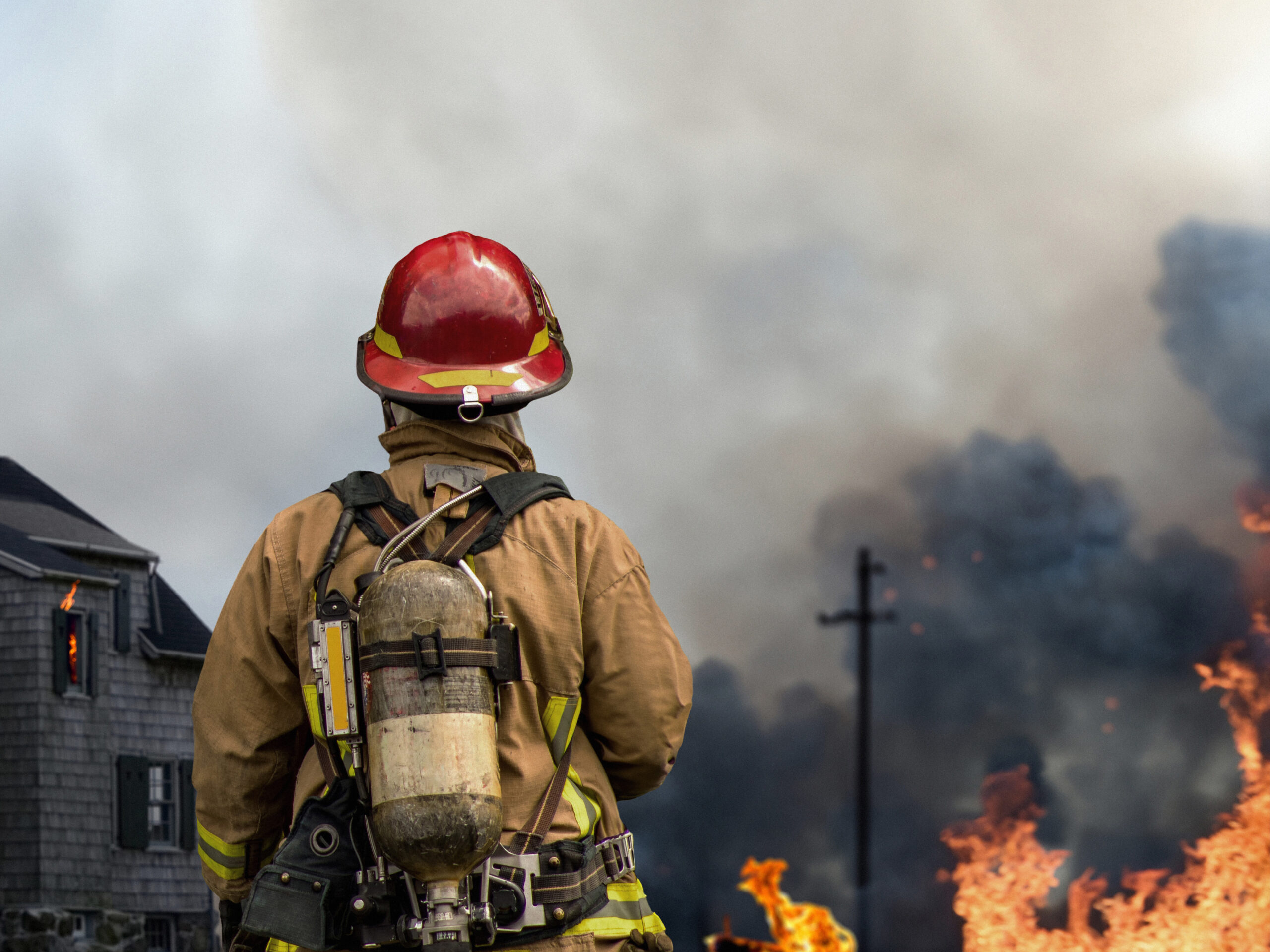Legal Roundup: SCOTUS Rejects NFL Case, Destroyed Hemp Crop Case Filed and More

SCOTUS Rejects Oakland’s Case Against the NFL
The case: After the Raiders football team moved from Oakland to Las Vegas, the City of Oakland sued the NFL in an antitrust action, claiming that the NFL boosted the cost to keep the team beyond Oakland’s budget, thereby allowing the team to relocate in 2020. The Raiders accused the NFL of seeking “increasingly exorbitant” public money for a new stadium. The Northern California district court dismissed the claim, and Oakland appealed the case to the Supreme Court.
Scorecard: The Supreme Court denied the case, affirming the district court’s earlier dismissal.
Takeaway: This wasn’t the first time the Raiders took relocation efforts to a court of law. “The Raiders were involved in an earlier antitrust suit against the NFL, when owner Al Davis wanted to move the team from Oakland to Los Angeles. Davis eventually won his lawsuit and the Raiders moved south in 1982, only to return to Oakland in 1995,” according to the Associated Press.
Vermont High Court Revives Shipbuilder’s COVID Insurance Coverage Suit
The case: Military shipbuilder Huntington Ingalls Industries (HII) filed suit in 2020 against “Chubb’s Ace American Insurance Co., Zurich American Insurance, and 30 other companies or syndicates that reinsured the $1.5 billion Global Property Insurance Policy that HII purchased from its captive insurance company, Vermont-based HII Risk Management,” according to Reuters.
While HII stayed open during the pandemic, it was unable to perform at full capacity and “sought a declaration that the reinsurance policies would cover its business losses.” After motions filed from both sides, the court ruled in favor of the insurers.
Scorecard: The Vermont Supreme Court has revived the case.
Takeaway: This is the first time a state high court ruled for the policyholder in a COVID-related case.
“In a 3-2 split Friday, the majority said Huntington Ingalls Industries (HII) had cleared the state’s “extremely low bar” for initial pleadings by alleging that the virus adheres to surfaces, turning them into vectors for disease that must be counteracted with barriers and other physical modifications,” reported Reuters.
The trio of judges ruling in favor of a remand said HII must still prove its case; the two dissenters asserted that “COVID harms people, not property.”
Destroyed Hemp Crops and the Case Against the State
The case: In 2019, South Carolina Department of Agriculture officials discovered and destroyed a hemp crop belonging to plaintiff John Trenton Pendarvis. Pendarvis is suing several state agencies, claiming that they conspired to deny due process.
“According to the lawsuit, Pendarvis filed an amendment application and said that extensive droughts had forced him to move his crop’s location,” reported ABC News.
The Department of Agriculture called the relocation a “willful violation,” and sought approval to destroy the crops. It was at this point that Pendarvis said his rights were violated. After officials failed to get approval for a seizure and destruction order, Pendarvis was arrested and his crops were removed.
Scorecard: The case has recently been filed and has not reached a resolution.
Takeaway: Cannabis remains illegal in South Carolina, but “the state jumped at commercial hemp cultivation a few years ago,” according to ABC News. Under the federal Agriculture Improvement Act of 2018, states were permitted to allow the farming of hemp crops. South Carolina saw the opportunity to grow a cash crop.
However, legal officials have balked at “unclear enforcement mechanisms,” reported ABC News. “Pendarvis, a fourth-generation farmer, was the first person charged with a misdemeanor crime under the state’s hemp farming program.” &










